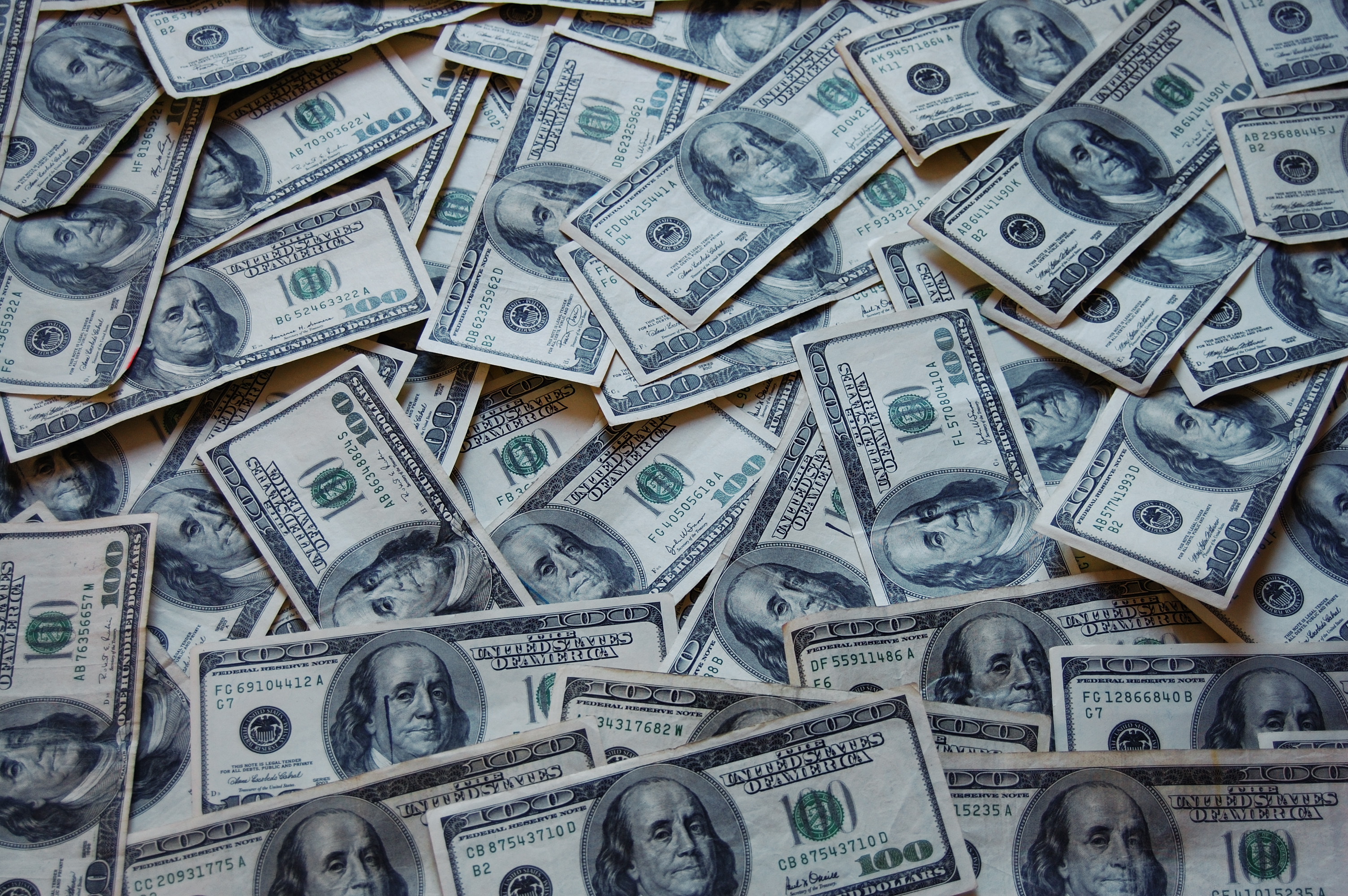
By: Chris Neill
One of the more peculiar phenomena to arise from the realm of monetary economics in the past few years is an entirely digital currency called Bitcoin. Hailed as the world’s first truly decentralized currency, Bitcoins are created on an open-source encryption protocol in the absence of any sort of central bank, and traded peer-to-peer via computer or smartphone in the absence of any sort of intermediate financial institution. Bitcoins are mathematically generated through a process called “mining,” in which computers must execute a number of difficult tasks. The Economist explains that the system is structured such that mining becomes increasingly difficult as more and more are mined, leading to a maximum total of around 21 million Bitcoins. (The idea of a fixed supply is part of what draws so many people to gold.)
On its most basic level, a digital currency seems appealing to online merchants, to reduce the costs associated with processing credit card payments. It could also be used in online international transactions as way of avoiding bank charges or exchange rates. The use of an anonymous online currency has also drawn criticism, however, as being conducive to less-reputable activities such as money laundering, gambling, or the online sale and purchase of narcotics.
Bitcoin is perplexing as a currency, because unlike traditional fiat money, no government ever conferred any value upon it. But is that a good thing or a bad thing? On one hand, some see a big appeal in a currency that isn’t tied to the actions, or the failures, of one nation’s government. That’s why demand for the digital currency soared in the weeks following the Cyprus banking crisis and subsequent debate over the stability of the Euro. Additionally, no central bank could flood the market with new Bitcoins and devalue those currently in circulation. On the other hand, some people view the lack of conferred value with skepticism, arguing that the currency has no intrinsic value, and that any rise or fall in its value is merely a product of speculation.
Beyond its basic use as a currency, Bitcoin has also attracted attention as a commodity investment. Investors see the currency as a safe haven investment. Much like gold, it seems immune to macroeconomic calamity. However, the past week has shown that gold too is subject to bubbles and corrections fueled by speculation. Cyprus was forced to sell gold to pay off some of its debts. Goldman Sachs issued a report advising their clients to short gold. Accordingly, prices sank. A vicious circle of falling prices and falling investor sentiment following a newsworthy macroeconomic event and trading advice from a top investment bank shows that there is definitely still risk and volatility in the allegedly safe haven investments of currencies-as-commodities.
Like gold, Bitcoin has done more than its fair share of riding the speculative roller coaster. An individual Bitcoin traded for around $20 in February, rocketed to around $250, then crashed down below $150 by mid-April. The moral of this Bitcoin bubble seems to be that price volatility is indicative of heavy speculation rather than a true reflection of value. More people buy Bitcoins with the intention of selling them at a higher price than actually using them as a currency. Not until virtual currencies become more widely accepted will Bitcoin prices more accurately represent an inherent value derived from widespread willingness to accept them in exchange for (legitimate) goods and services.
For the time being, however, Bitcoin serves as an interesting experiment in monetary policy and the future of currency. The Economist predicts that even if it fails, Bitcoin will still have a lasting impression. Just as Napster fell through but ultimately paved the way for newer and more efficient peer-to-peer file sharing programs, so too might Bitcoin pave the way for some sort of digital currency to seriously impact how we view, use and exchange money in the digital era.
